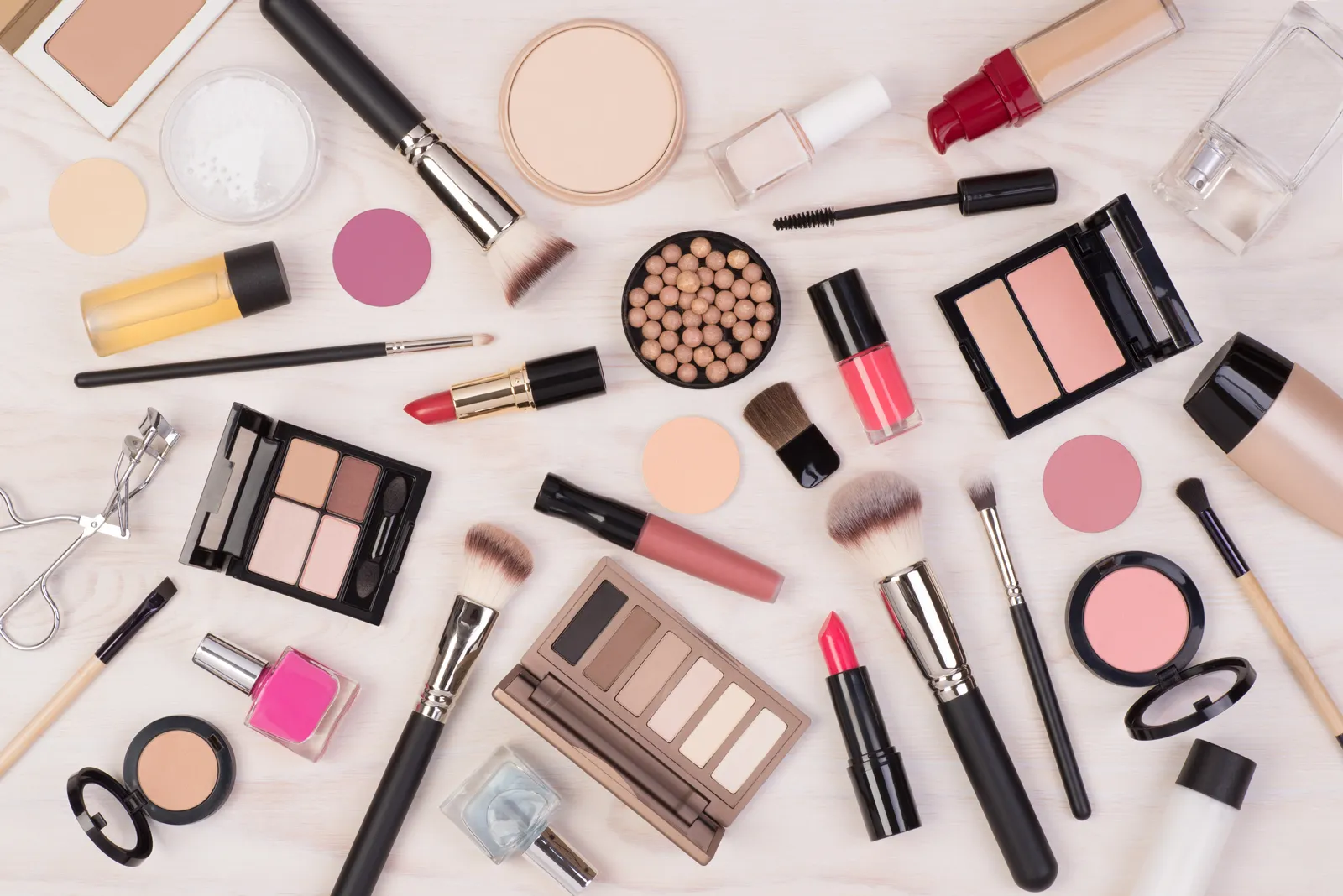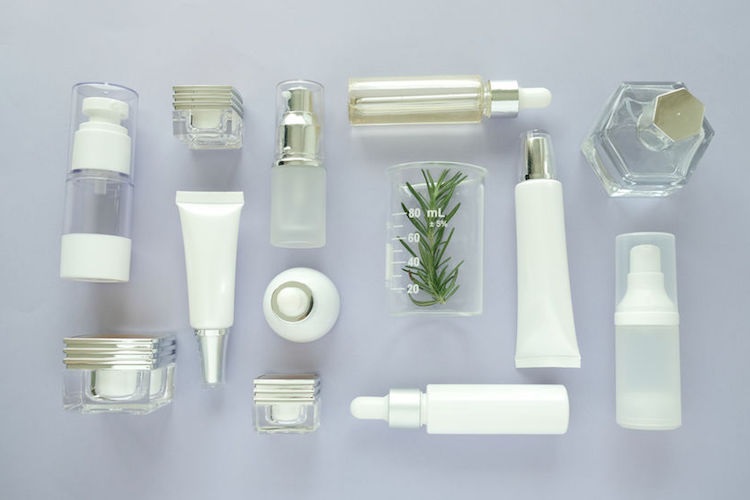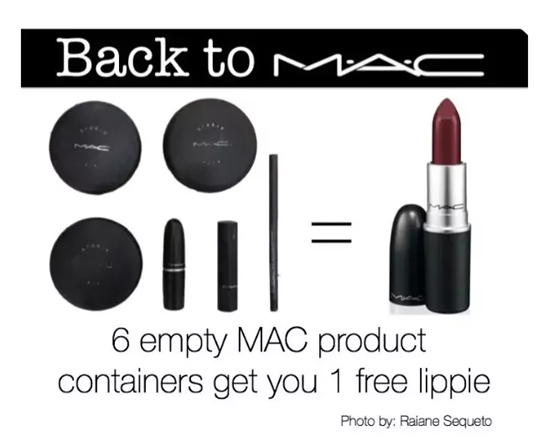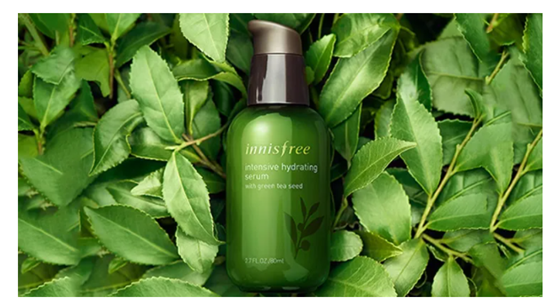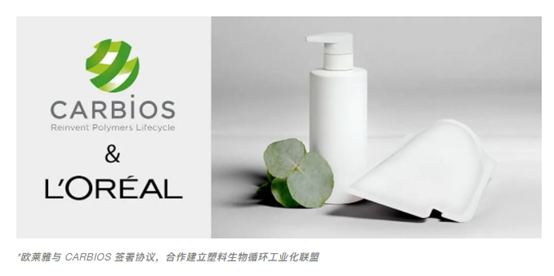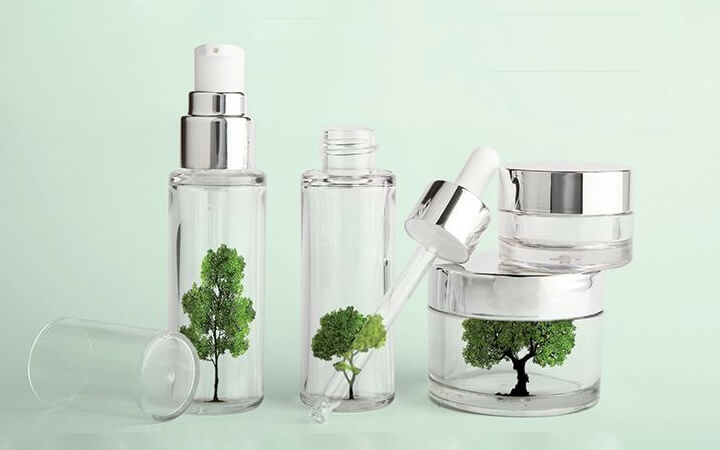Current Situation and Development Trend of Cosmetic Bottle Recycling
For most people, cosmetics and skin care products are the necessities of life, and how to deal with the used cosmetic bottles is also a choice that everyone needs to face. With the continuous strengthening of people’s awareness of environmental protection, more and more people choose to recycle used cosmetic bottles.
1. How to recycle cosmetic bottles
The lotion bottles and cream jars that we use in daily life, can be classified into many kinds of garbage according to different materials. Most of them are made of glass or plastic. And them can be recycle.
In our daily skin care or makeup process, we often use some small cosmetic tools, such as makeup brushes, powder puffs, cotton swabs, headband, etc. These belong to other garbage.
Wet wipes, facial masks, eye shadows, lipsticks, mascaras, sunscreens, skin creams, etc. These commonly used skin care products and cosmetics belong to other garbage.
But it is worth noting that some skin care products or cosmetics that have expired are considered hazardous waste.
Some nail polishes, nail polish removers, and nail polishes are irritating. They are all hazardous wastes and require special treatment to reduce their impact on the environment and land.
2. Problems encountered in the recycling of cosmetic bottles
It is well known that the recovery rate of cosmetic bottles is low.The material of cosmetic packaging is complex, so recycling cosmetic bottles will be cumbersome.For example, essential oil packaging, but the bottle cap is made of soft rubber, EPS (polystyrene foam), PP (polypropylene), metal plating, etc. The bottle body is divided into transparent glass, variegated glass and paper labels, etc. . If you want to recycle an empty essential oil bottle, you need to sort and sort all these materials.
For professional recycling companies, recycling cosmetic bottles is a complex and low-return process.For cosmetic manufacturers, the cost of recycling cosmetic bottles is much higher than producing new ones.Generally speaking, it is difficult for cosmetic bottles to decompose naturally, causing pollution to the ecological environment.
On the other hand, some cosmetic counterfeit manufacturers recycle these cosmetic bottles and fill low-quality cosmetic products for sale. Therefore, for cosmetic manufacturers, recycle the cosmetic bottles are not only an environmental protection cause but also good for their own interests.
3. Major brands pay attention to cosmetic bottle recycling and sustainable packaging
At present, many beauty and skin care brands are actively taking action to recycle cosmetic bottles. Such as Colgate, MAC, Lancome, Saint Laurent, Biotherm, Kiehl’s, L’Oreal Paris Salon/Cosmetics, L’Occitane and so on.
At present, many beauty and skin care brands are actively taking action to recycle cosmetic bottles. Such as Colgate, Shulan, Mei Ke, Xiu Li Ke, Lancome, Saint Laurent, Biotherm, Kiehl’s, Yu Sai, L’Oreal Paris Salon/Cosmetics, L’Occitane and so on.
For example, Kiehl’s reward for cosmetic bottle recycling activities in North America is to collect ten empty bottles in exchange for a travel-size product. Any packaging of M.A.C products (including hard-to-recycle lipsticks, eyebrow pencils, and other small packages), in any counters or stores in North America, Hong Kong, Taiwan and other regions. Every 6 packs can be exchanged for a full-size lipstick.
Lush has always been an industry leader in eco-friendly packaging, and most of its products come in no packaging. The black jars of these liquid/paste products are full of three and you can change to a Lush mask.
Innisfree encourages consumers to bring empty bottles back to the store through the text on the bottles, and turn the empty bottles into new product packaging, decorative objects, etc. after cleaning. As of 2018, 1,736 tons of empty bottles have been recycled.
In the past 10 years, more and more packaging manufacturers have joined the ranks of practicing “environmental protection 3R” (Reuse recycling, Reduce energy saving and emission reduction, Recycle recycling)
In addition, sustainable packaging materials are gradually being realized.
In the cosmetics industry, environmental protection has never been just a trend, but a crucial factor in the development of the industry. It requires the joint participation and practice of regulations, enterprises and consumers. Therefore, the recycling of empty cosmetic bottles requires the joint promotion of consumers, brands and all sectors of society in order to truly achieve and sustainable development.
